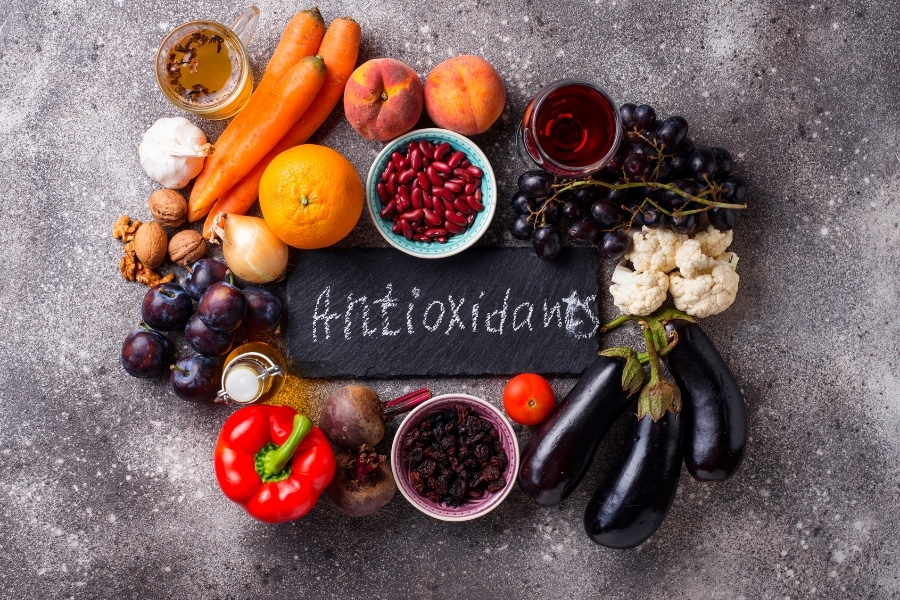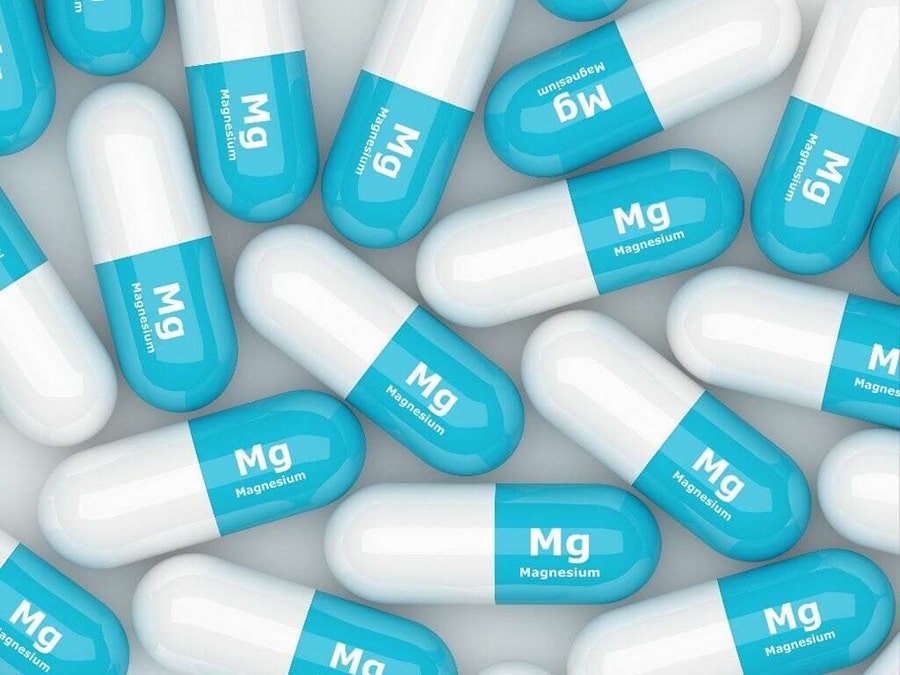Zinc is an essential mineral that plays a critical role in numerous bodily functions, from supporting a robust immune system to aiding in wound healing, metabolic function, and much more. Despite its importance, zinc’s significance in your daily health regimen often goes unnoticed. This post aims to shed light on the myriad of ways your body relies on zinc, highlighting its benefits across various physiological aspects. Understanding why your body needs zinc is crucial for maintaining overall health and well-being, making it imperative for you to ensure adequate intake through your diet or supplements.
Contents
Zinc Basics

Zinc is a trace mineral that is vital for the human body, yet it cannot produce or store it. This necessity means you must obtain zinc through your diet, from foods like legumes and nuts. It acts as a catalyst for over 300 enzymatic reactions and is integral for DNA synthesis, protein production, and cell division. Knowing where to find zinc and incorporating it into your diet is the first step toward harnessing its health benefits.
Within your body, zinc plays several foundational roles, including supporting the immune system, wound healing, and cognitive function. Its presence is crucial at the cellular level, where it helps in the proper functioning of enzymes, hormones, and other biological activities essential for health maintenance. The versatility of zinc in supporting your body’s fundamental processes underscores its importance, making it a key nutrient that deserves more attention in your daily nutrition plans.
Immune System Support

Zinc is a powerhouse when it comes to bolstering the immune system. It is known for its ability to enhance the immune response, making it harder for pathogens like viruses and bacteria to take hold. Adequate zinc levels can lead to improved immune function, reducing the likelihood of infections and illnesses. This effect is particularly evident in the mineral’s ability to shorten the duration of common colds when taken at the onset of symptoms.
Furthermore, zinc influences the immune system by regulating the production and activity of immune cells, including T-lymphocytes and natural killer cells. These cells play a critical role in the body’s defense mechanism against infections. By ensuring these cells function optimally, zinc helps maintain the body’s immunity, providing a shield against various pathogens. This protective role makes zinc an essential element in your diet, particularly in seasons when you’re more susceptible to illness.
Wound Healing and Skin Health

Zinc’s role in wound healing is both profound and multifaceted, contributing to skin health and cell regeneration. It promotes collagen synthesis, which is crucial for wound healing, and supports the proper functioning of immune cells at the wound site. This process accelerates the healing of cuts, abrasions, and other skin injuries, making zinc an essential nutrient for anyone recovering from skin damage or surgery.
Besides wound healing, zinc also benefits skin health by managing conditions such as acne and eczema. It regulates sebum production and has anti-inflammatory properties, which can help reduce the severity of acne outbreaks. For those suffering from eczema, zinc can soothe skin irritation and inflammation, offering relief from discomfort and itching. These attributes highlight zinc’s essential role in maintaining not only skin integrity but also its complexion and overall health.
Metabolic Function and Enzyme Reactions

Zinc’s involvement in metabolism and enzymatic reactions is critical for converting food into energy, highlighting its role in maintaining energy levels and overall health. It acts as an activator for numerous enzymes responsible for metabolism, aiding in the digestion and absorption of nutrients. This facilitation ensures that our bodies efficiently use the carbohydrates, fats, and proteins we consume, optimizing our metabolic health.
Moreover, zinc is integral to the synthesis and action of insulin, the hormone responsible for regulating blood sugar levels. Its impact on insulin functionality underscores the importance of zinc in preventing and managing diabetes. By ensuring that insulin works effectively, zinc helps maintain stable blood sugar levels, which is vital for metabolic health. This aspect of zinc’s function demonstrates its broad-reaching benefits across various aspects of physiological well-being, making it a critical nutrient for metabolic regulation.
Hormonal Health

Zinc plays a significant role in the body’s hormonal health, impacting everything from growth and development to reproductive health. It is especially crucial for the production and regulation of several hormones, including testosterone, which plays a vital role in both men and women. Zinc deficiency has been linked to low testosterone levels, which can lead to issues such as reduced muscle mass, energy levels, and libido. Ensuring adequate zinc intake is, therefore, essential for maintaining hormonal balance and overall well-being.
In addition to influencing testosterone, zinc also affects the thyroid hormone, which is fundamental to regulating metabolism, energy levels, and mood. A deficiency in zinc can disrupt thyroid function, leading to symptoms like fatigue, weight gain, and mood disturbances. Given the thyroid’s central role in metabolic regulation, zinc’s impact on thyroid health further underscores its importance in hormonal regulation and the broader spectrum of physiological health.
Antioxidant and Anti-inflammatory Effects

Zinc’s role as an antioxidant helps protect cells from the damage caused by free radicals, which are unstable molecules that can harm cellular structures. This antioxidant action is critical for reducing oxidative stress, a condition associated with various chronic diseases, including heart disease and cancer. By neutralizing free radicals, zinc contributes to the prevention of cellular damage and supports the body’s natural defense mechanisms against disease.
Moreover, zinc has significant anti-inflammatory properties that can help reduce inflammation, a root cause of many chronic conditions like arthritis, heart disease, and neurodegenerative diseases. Its ability to modulate the immune system’s response minimizes the production of inflammatory cytokines, which are signaling molecules that promote inflammation. This modulation not only helps in managing existing inflammatory conditions but also in preventing them, highlighting zinc’s essential role in maintaining health and preventing disease.
Impact on Mental Health

Zinc has a profound impact on mental health, with research suggesting a strong link between zinc levels and mood regulation. Adequate zinc intake is associated with reduced risk of depression and anxiety, as it plays a crucial role in neurotransmitter function, including dopamine and serotonin, which influence mood and behavior. By supporting the production and function of these neurotransmitters, zinc can help maintain mental health and emotional stability, underscoring its importance beyond physical health.
The mineral also plays a role in cognitive function and brain health. Zinc is involved in processes such as neurogenesis (the formation of new neurons) and synaptic plasticity, which are essential for learning and memory. Deficiencies in zinc have been linked to cognitive decline and may increase the risk of diseases like Alzheimer’s. This relationship between zinc and brain health further emphasizes the need for adequate zinc levels in supporting not only mental but also cognitive health, making it a vital nutrient for the brain.
Age-Related Diseases and Zinc

Adequate zinc intake is particularly important in the context of aging and age-related diseases. Zinc has been shown to influence the aging process and may help reduce the risk of diseases commonly associated with aging, such as osteoporosis, macular degeneration, and certain types of cancer. Its role in supporting immune function, reducing oxidative stress, and promoting cellular health is crucial in combating the effects of aging, making zinc an essential nutrient for those looking to maintain health into older age.
Furthermore, zinc deficiency is more common in older adults, exacerbating the risk of age-related diseases and conditions. Ensuring sufficient zinc intake through diet or supplements can help mitigate this risk, supporting overall health and longevity. By bolstering the body’s natural defense mechanisms and supporting key physiological functions, zinc can play a significant role in preventing or managing age-related health issues, underscoring its importance across the lifespan.
The Essential Mineral for Lifelong Health
Zinc’s multifaceted role in your body, from boosting immune function to supporting mental health, underscores its importance in maintaining overall well-being. Its contributions to hormonal balance, antioxidant defenses, and the prevention of age-related diseases highlight the necessity of ensuring adequate intake. As you strive for optimal health, recognizing the vital role of zinc in your diet becomes crucial, encouraging you to make informed choices about your nutrition and lifestyle to harness this essential mineral’s full spectrum of benefits.


